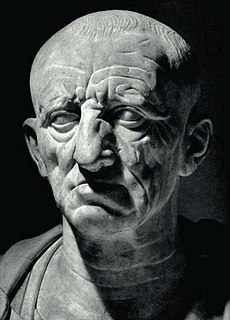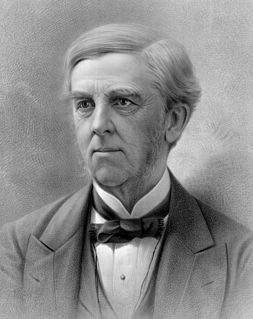A Quote by Jean de La Fontaine
Let fools the studious despise,
There's nothing lost by being wise.
Related Quotes
We could almost say that being willing to be a fool is one of the first wisdoms. So acknowledging foolishness is always a very important and powerful experience. The phenomenal world can be perceived and seen properly if we see it from the perspective of being a fool. There is very little distance between being a fool and being wise; they are extremely close. When we are really, truly fools, when we actually acknowledge our foolishness, then we are way ahead. We are not even in the process of becoming wise — we are already wise.
It is ignorance that is at times incomprehensible to the wise; for instance, he may not see 'the positive person' or 'the negative person' in a black and white way as many people do. A wise man may not understand it because, as a catalyst of wisdom, but not wise in his own eyes, even he can learn from and give back to fools. To think that an individual has absolutely nothing to offer to the table is counter-intuitively what the wise man considers to be 'the ignorance of hopelessness'.





































